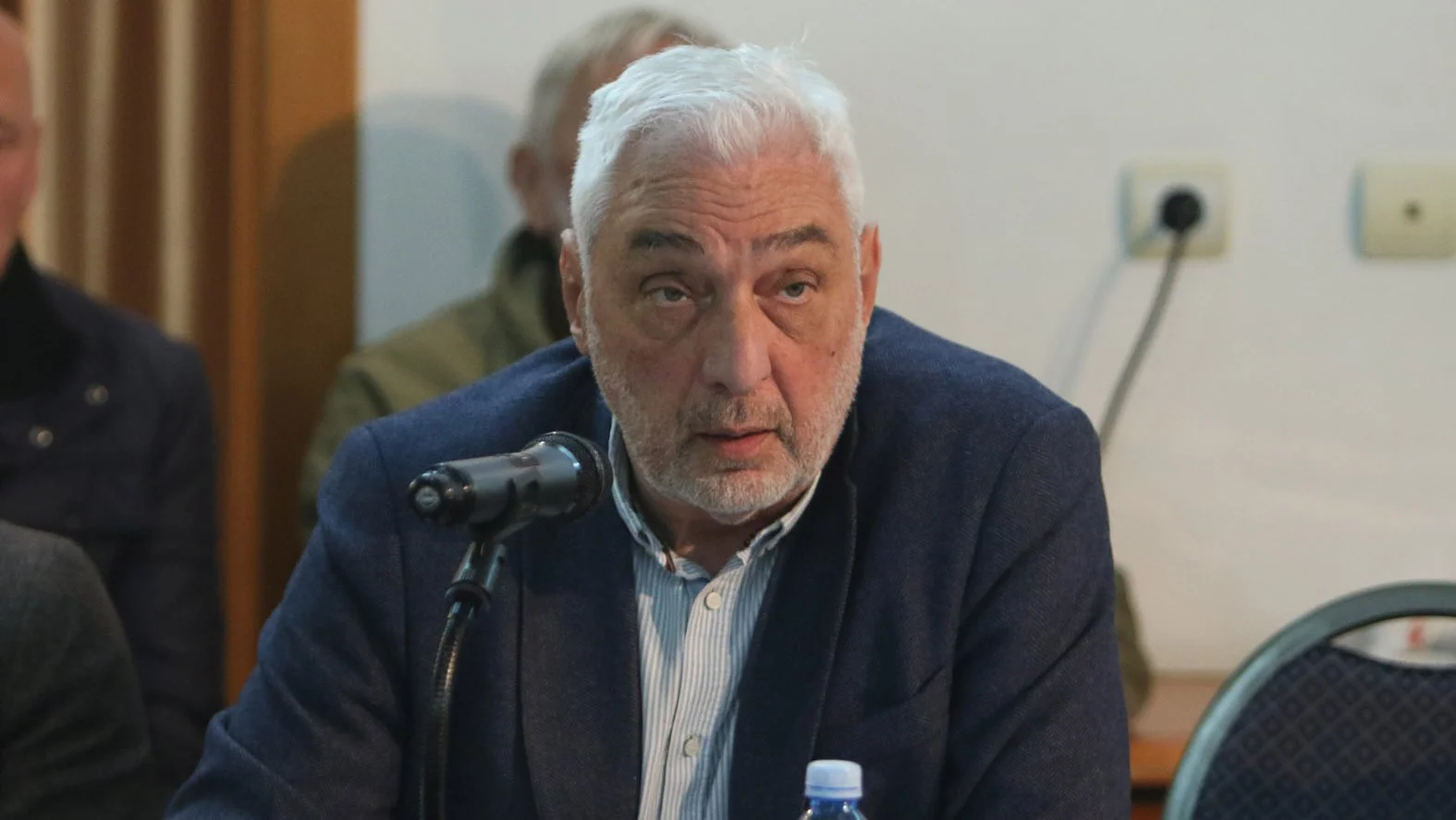A new era may begin in the financing of domestic hospitals
- The health care system receives significant financial support
- The $ 150 billion additional financing promised to hospitals arrives in monthly installments
- Instead of the previous 1,500 forints per day per day, hospitals can spend 4000 forints for a daily meal of patients
As we have previously reported, In several rural hospitals are interrupted or eliminated important specialist care due to lack of personal and professional conditions. Patients therefore have to travel to other cities in many cases for the necessary tests. There are several years of service failure at several locations.
Reported that pause until the end of the year Then the dr. László Elek Hospital and Clinic Cardiology inpatient care and ceased to have chemotherapy treatment in a hospital in Szentesin addition to the traumatology department, prosthesis surgery was also relocated to Szeged.
The debt of hospitals is currently over HUF 50 billion (39 billion for institutions maintained by the National Hospital Directorate) and increases by 12-20 percent monthly. Only for August last year 86 million debts were accumulated The institutions were up, though the last payment was in July.
Monthly 12.5 billion plus
The health care system is entering a new era after the Hungarian Hospital Association has announced that hospitals will receive significant financial support. Zsolt Kiss, Director General of the National Health Insurance Fund (NEAK) He said that the previously promised HUF 150 billion additional financing will soon arrive in installments of HUF 12.5 billion a month. This step not only improves the financial situation of hospitals, but also significantly increases the quality of patient care.
More than doubled to eat
According to the congress, the extra resources serve not only the basic fee increase, but also to improve patient liver. Instead of the $ 1,500 daily norm per day, hospitals can now spend $ 4,000 on patients’ catering. This change is particularly important as proper nutrition is essential for the healing and well -being of patients. According to Zsolt Kiss, extra financing will also have a positive effect on patient care events.
Would stop further indebtedness
The Director General of the NEAK emphasized that the management of hospital debt is a priority. Last year, $ 150 billion was paid for debt settlement of patient care providers, and another $ 96 billion was transferred to debts at the end of the year. Although hospitals’ expired obligations have increased, it has decreased compared to the previous monthly increase. According to Zsolt Kiss, consolidation of debts is not the most effective way to deal with the problem but The 2025 cost assessment can bring a new world to financing health care. Most recently in 2004, a full cost assessment, which this year is completed by the NEAK leader “A new world is coming” In the financing of hospitalspatient care will be paid at a fair value.
If they had been able to incorporate the $ 150 billion extra source for material expenses for the financing of the healthcare treasury last year, more than 82 percent of the $ 190 billion debt of $ 190 billion could have been avoided. He believes that a significant change will be experienced in the next period
Backlog
Compared to the 2019 base pre-Covid epidemic, there are still significant backlogs in different areas of health care. Chronic patient care has a 25 percent minus, while outpatient care and inpatient care are below pre-pandemic levels. However, there is no lack of radiation in radiation therapy, which is a positive development.
Checks and penalties
In 2023, NEAK regained the right to check the supply system and have since launched extensive investigations patient care at all levels. The checks have already imposed a penalty of HUF 1.4 billion for irregularities. According to Zsolt Kiss, the wider use of financing protocols would support not only the settlement but also the patient care.
Fixed wage subsidy is not effective
According to the NEAK leader the fixed wage subsidy is not productive as it does not increase the case number and does not improve the quality of patient care. Last year, HUF 1,100 billion was paid to inpatient careers and HUF 849 billion for outpatient care, and this year specialist clinics will pay HUF 904 billion. Half of the payments spent on active care goes to this – readable In the index summary.




